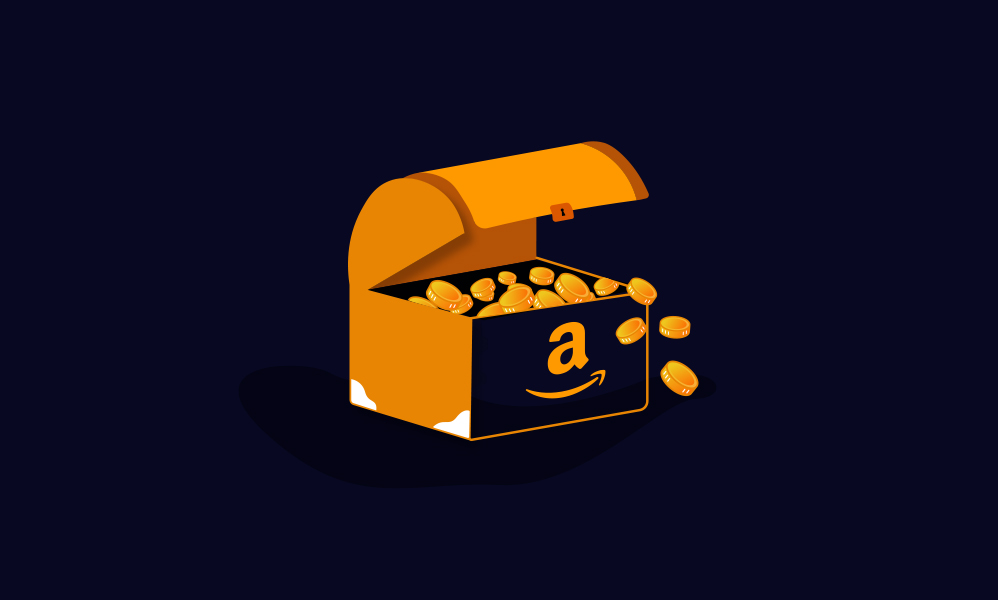Amazon aggregator Thrasio enters India with plans to spend $507M on acquisitions

Thrasio, an Amazon aggregator that has snapped up over 200 brands in just three years, is launching in India after acquiring a home appliances startup called Lifelong Online.
The Indian company — which manufactures and sells over 100 products ranging from toasters to treadmills on its website and through marketplaces like Amazon and Walmart-owned Flipkart — will oversee its new parent’s local operations. Thrasio is looking to make a big splash in South Asia’s biggest economy, home to 750,000 sellers. The Boston-based aggregator has earmarked $507 million for acquisitions of online businesses including third-party private labels and sellers on Amazon.
The move is part of Thrasio’s aggressive international expansion and comes as India’s own aggregator space is heating up. In the past year, Thrasio has set up base in China, Japan and Europe using the $3.4 billion in funding it has raised to date. The company already manages over 22,000 SKUs globally in categories including home, pets, toys and games. Last year, it generated $1.2 billion in revenue. Its international strategy involves exporting brands that are successful in one Amazon marketplace to another.
In India specifically, a slew of local startups that have adopted the same model of acquiring and optimizing online businesses have secured hundreds of millions of dollars in VC funding and debt. They include unicorns GlobalBees and Mensa, which raised $110 million and $135 million respectively in recent rounds; 10club ($40 million raised in a funding round last year); Upscalio ($42.5 million in a series A in August); others such as Mumbai-based Evenflow and Powerhouse91 have not disclosed their funding. Experts claim Thrasio’s expansion could prove disruptive for these domestic players by quickly raising the valuations of local DTC brands on e-commerce marketplaces.
As part of the launch, Thrasio said it plans to use Lifelong’s e-commerce insights and logistics infrastructure, including its six domestic manufacturing facilities, to scale the local online brands it acquires. Lifelong generated between $54 million to $67.7 million in revenue for the financial year ending March 31, 2021, according to estimates from India-based business research platform Tofler. Thrasio will also shift some of its own manufacturing to the country amid the Indian government’s push to incentivize businesses to invest in local industries. Financial details of the deal, reports of which emerged last fall, were not disclosed.
“India is a unique market with hundreds of thousands of motivated entrepreneurs,” said Thrasio CEO Carlos Cashman. “We are thrilled to provide brand owners with the opportunity to successfully sell their businesses. This is a major step in our evolution and a huge opportunity for India’s sellers.”
Lifelong’s CEO Bharat Kalia said it is already in “active discussions” with local sellers about potential exits. It has set up a website through which online merchants, including Amazon third-party private labels and resellers, can share details of their businesses. A form on the site reveals that Thrasio is targeting companies with total average revenue of between 5 crore to more than 75 crore (roughly $677,000 to over $10 million).
“We’re excited to help Indian entrepreneurs realize the full potential of their brands and products,” said Kalia, who spent almost five years at consulting firm Bain & Company before co-founding Lifelong Online in 2015. “With lucrative exit options for founders, we hope to encourage even more brands and sellers to join the D2C ecosystem in India.”
Despite the flurry of e-commerce activity in India, the country remains a largely offline retail market where locals mainly shop through mom and pop stores known as Kirana stores. Amazon has invested about $6.5 billion in the country; building out tech hubs, digitizing small shops and offering low price membership for its Prime and Prime Video subscription services to the country’s mobile-first populace. The Indian online shopping space is expected to grow to $111.4 billion by 2025 from $46.2 billion in 2020, according to the India Brand Equity Foundation.
Experts suggest that the entrance of a deep-pocketed overseas company like Thrasio into the market will shake up the local aggregator space.
“This is a sophisticated operator that will lift the game for less experienced startups in a less mature e-commerce marketplace like India,” said Kiri Masters, founder of Amazon seller agency Bobsled Marketing.
Ad position: web_incontent_pos1
Thrasio’s deep knowledge of Amazon’s U.S. platform — where the e-commerce company tends to test and launch new ad targeting, marketing and selling tools before rolling them out elsewhere — gives it better visibility compared to local aggregators, she explained.
But, there is still plenty of opportunity for domestic startups to thrive as long as they target their home market and focus on niche categories, according to Emmett Kilduff, co-founder and CEO at The Fortia Group, an M&A firm that specializes in e-commerce exits. Though, Thrasio’s arrival in India could raise valuations for local DTC businesses, he added.
“It’s not winner takes all in the regions Thrasio operates in,” Kilduff said. “Thrasio will be competing with Mensa and other local incumbents for acquisitions.”
He continued: “While there’s no shortage of DTC brands in India, there aren’t many big DTC brands yet. So valuations may be low today, as they were in the U.S. two to three years ago, but will rise rapidly as competition mounts.”

